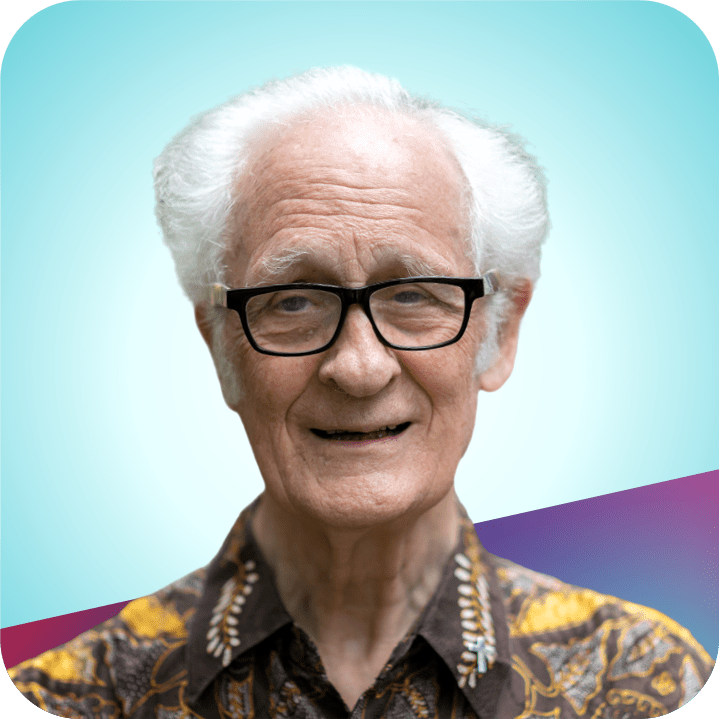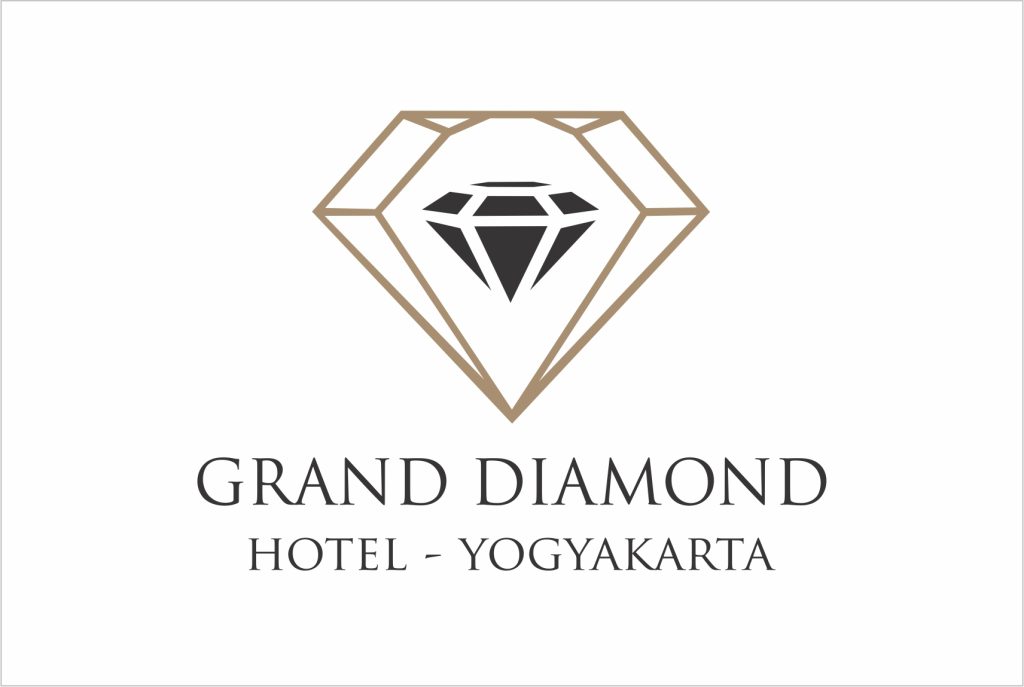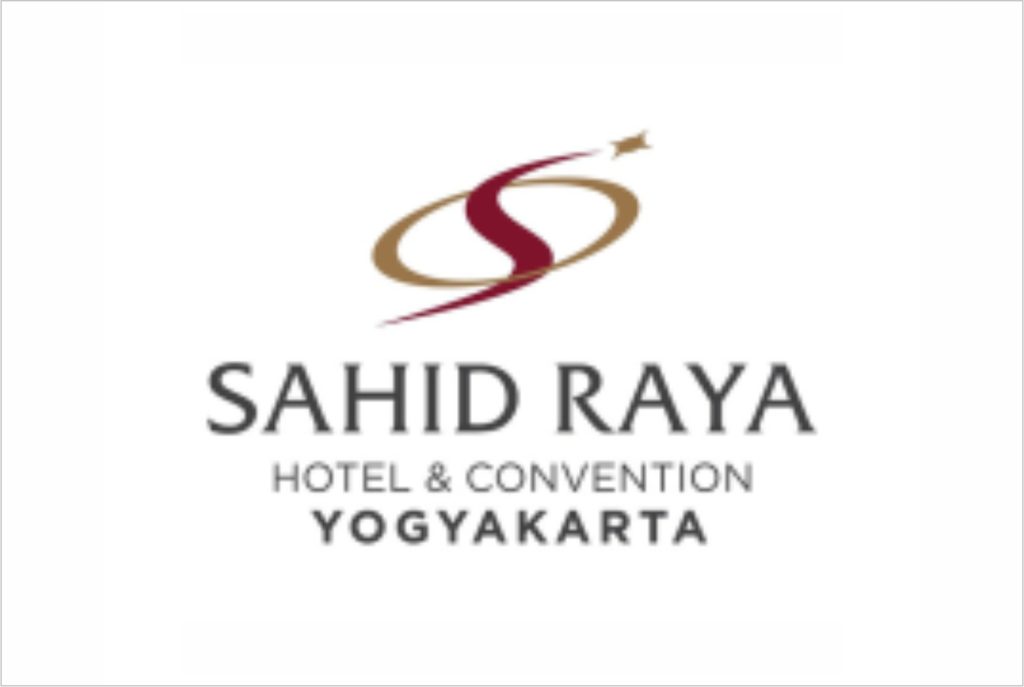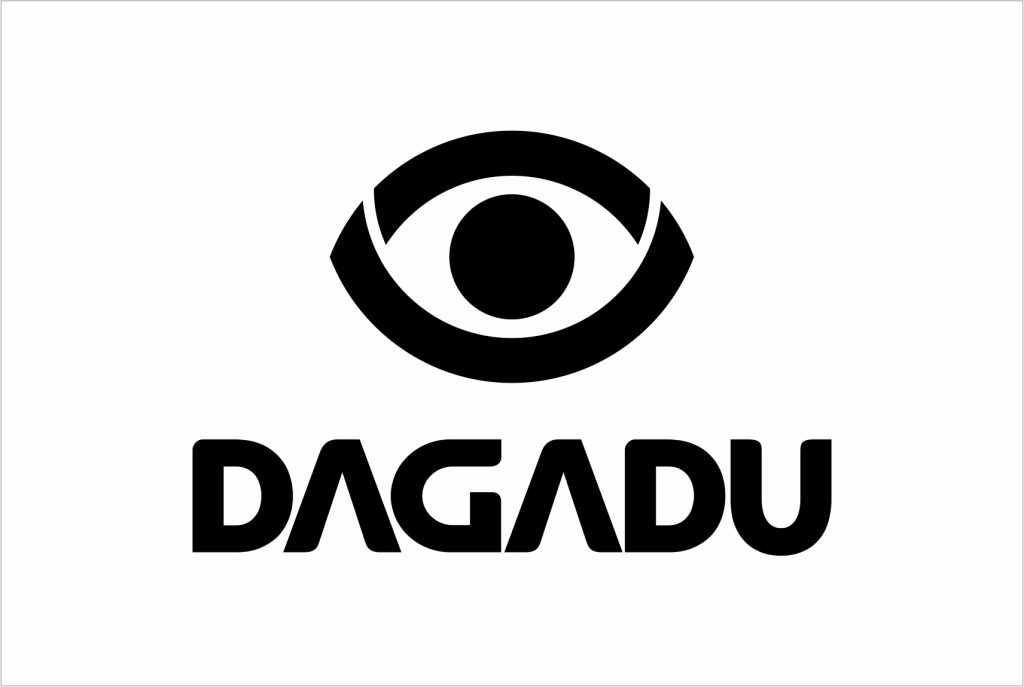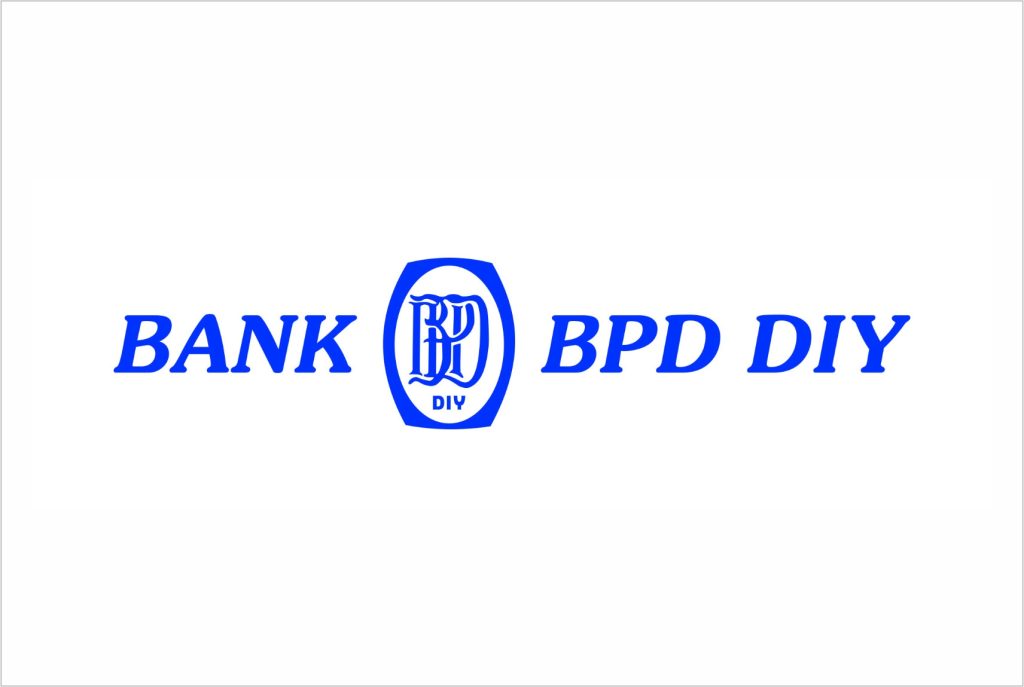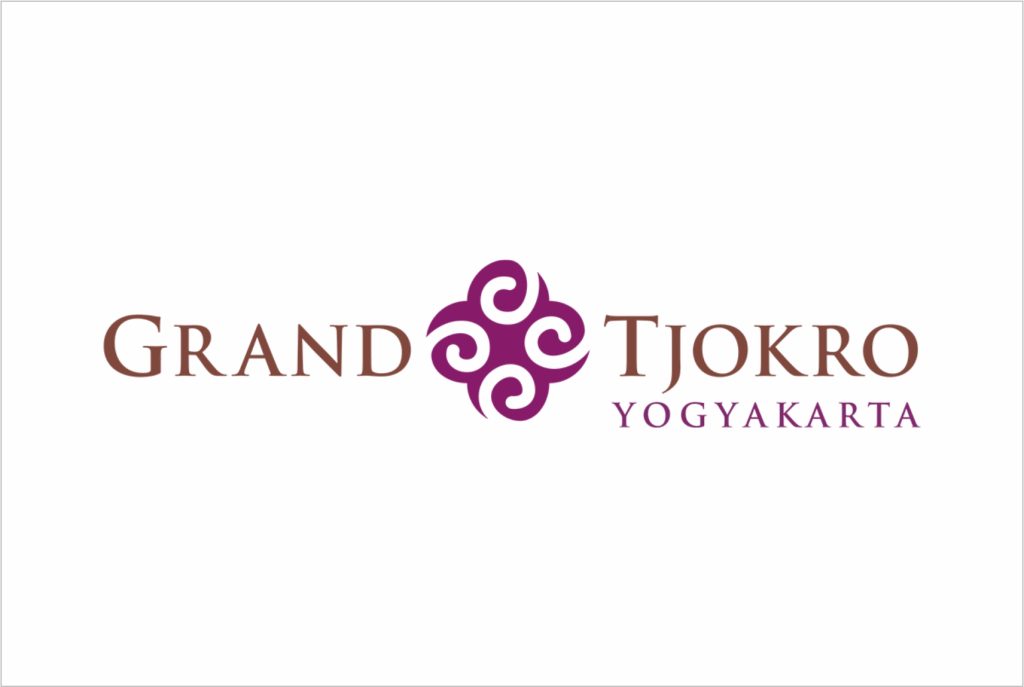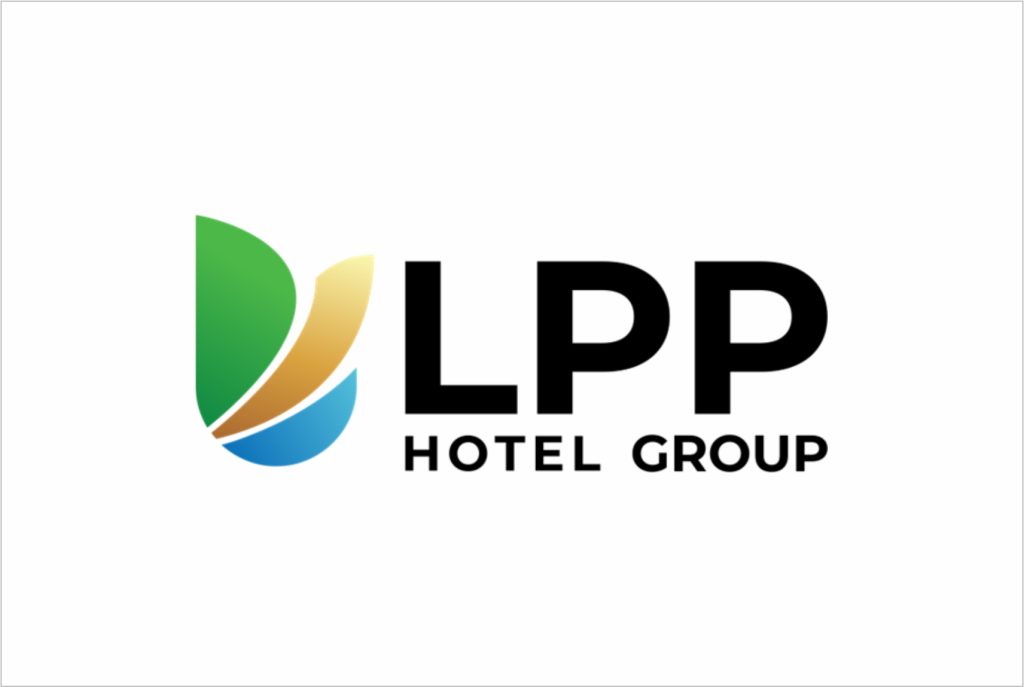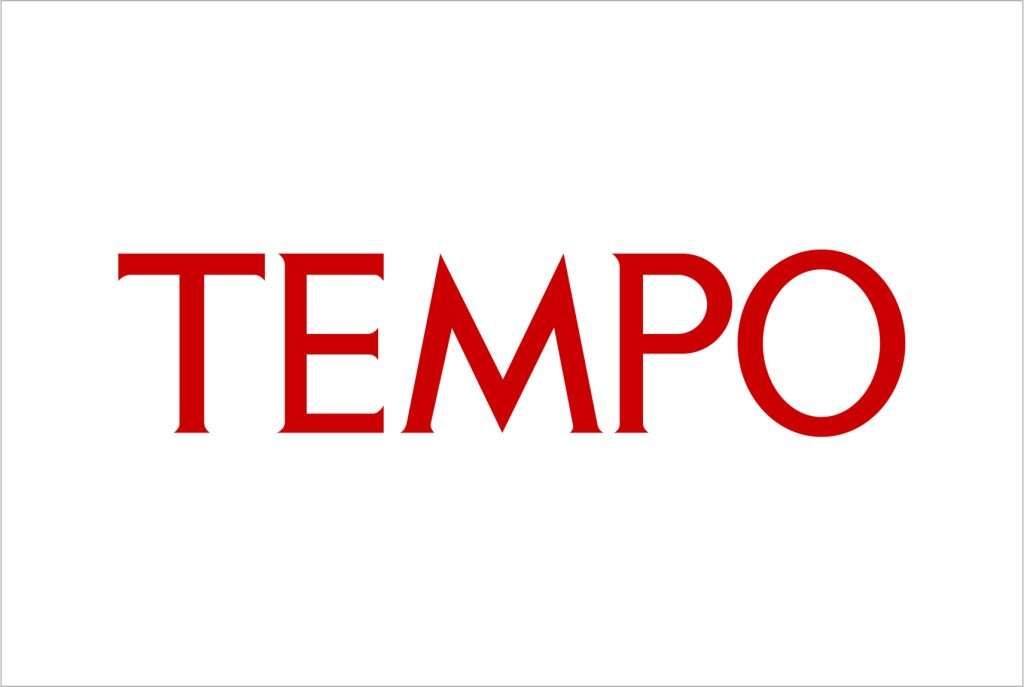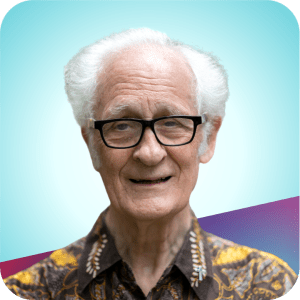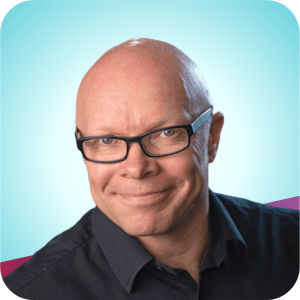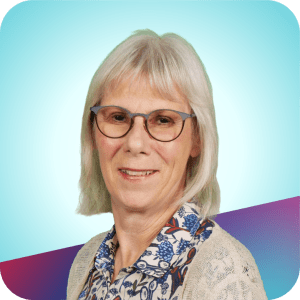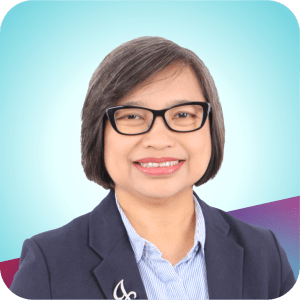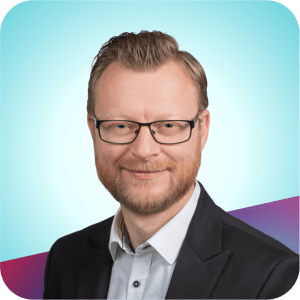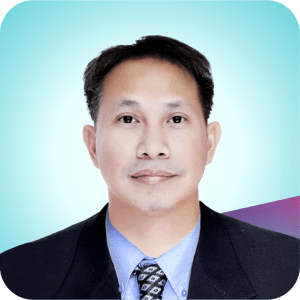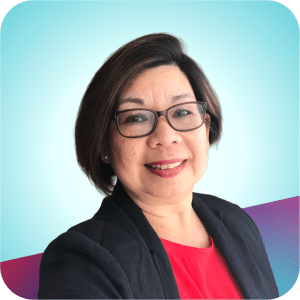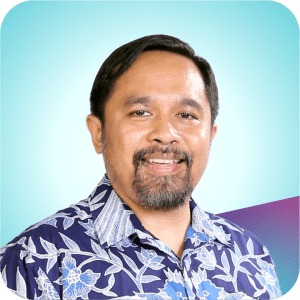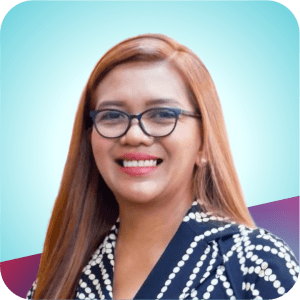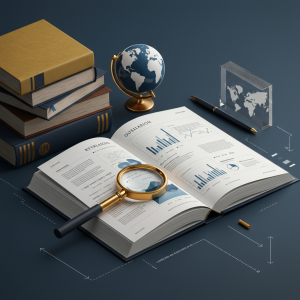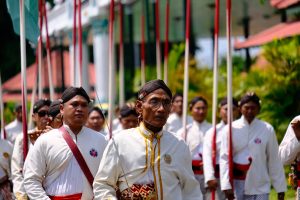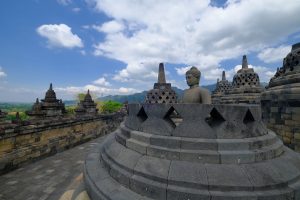International Joint Conference
Enhancing Social Cohesion in Networked Societies through Communication, Media, Public Relations, and Sociology Perspectives
Conference on Media, Communications, and Sociology (COMICOS) 2026
&
10th Asia-Pacific Public Relations Research and Education Network (APPRREN) Conference
Yogyakarta, Indonesia
09-10 February 2026
Hosted by
Universitas Atma Jaya Yogyakarta (UAJY)
This conference is a platform for change.
Attend, network, and contribute to innovative solutions for our societal challenges.
About Us

The Conference on Media, Communications, and Sociology (COMICOS), is a biannual academic forum organized by the Faculty of Social and Political Sciences at Universitas Atma Jaya Yogyakarta (FISIP UAJY). It serves as a dynamic platform that brings together academics, practitioners, and policymakers to engage in discussions on contemporary social science issues.
The Asia-Pacific Public Relations Research and Education Network (APPRREN) International Research Symposium provides a collaborative space for public relations scholars across the region. It facilitates networking, the exchange of ideas, discussions on emerging trends and challenges, and exploration of opportunities for academic and professional collaboration. The symposium aims to enhance our collective understanding of public relations education and research in the Asia-Pacific region.
For 2026, the joint conference of 9th COMICOS and 10th APPRREN will be hosted by Universitas Atma Jaya Yogyakarta.
Theme
Enhancing Social Cohesion in Networked Societies through Communication, Media, Public Relations, and Sociology Perspectives
Sustainable Development Goals (SDGs) have become global focus that aimed to promote diverse, inclusive, interconnected societies, and sustainable world. One of the key concepts capturing this collective spirit is social cohesion which is process of creating a community with common values and opportunities based on mutual trust, hope, and reciprocity (Fonseca et al., 2018). According to the OECD (2011), society fosters a sense of belonging, fosters trust, combats marginalization and exclusion, and provides its members with opportunities for upward mobility. However, experts are unsure about how to address unity and diversity and the thresholds involved. Promoting social cohesion involves developing communities where individuals may coexist despite their differences.
We now live in a network society where the majority of people use social media, which is largely driven by ICT. It can strengthen the sense of identity and promote communication among citizens. For particular communities, social media use has a lot of promise for promoting and preserving social cohesiveness (Stieglitz & Ross, 2022). On the other hand, it presents society with new challenges such as polarization and division. As such, social media can threaten social cohesion.
Alternative approaches to digital citizenship are being presented by a number of academics and practitioners. The ways in which people’s use of digital technology is changing citizenship should be revisited. The “glue” that holds society together and is essential for establishing democracy, peace, and development is social cohesiveness. This “glue” is composed of four essential parts: Social relationships, connectedness, equality, and a focus on the common good.
This conference helps us explore how social cohesion can accurately capture the diversity and multicultural character of contemporary society. Additionally, it offers a framework based on media, communication, sociology, and public relations perspectives in order to identify what drives social cohesiveness and can be used to promote it. Leading academics, educators, and practitioners come together at this event to discuss how we all can contribute to strengthen social cohesion, bridge divides, and create a more diverse, connected society.
Subthemes
1
Media and Technology's Role in Shaping Public Policy, Social Responsibility, and Social Change
Media plays a significant role in shaping social narratives and collective identities. It also serves as a powerful tool for promoting inclusivity and diversity
2
The Impact of Media on Social Movements and Advocacy
Media serves as a critical tool for amplifying marginalized voices and advancing social justice, operating at the intersection of communication, public relations, and activism. Social media, in particular, both fosters social cohesion and contributes to division, depending on how it is engaged
3
Communication Strategies for Bridging Divided Community
Open and respectful communication is essential for fostering mutual understanding, particularly in diverse and multicultural settings. Effective strategies for intercultural communication, including the ability to navigate and overcome language barriers, play a crucial role in building inclusive and empathetic dialogue
4
Media Literacy (including AI) and its Role in Enhancing Social Cohesion
Enhancing critical thinking and media literacy helps reduce polarization by enabling individuals to identify reliable sources and resist misinformation. Media representations shape societal perceptions and group identities, while storytelling plays a powerful role in reinforcing social values and cohesion.
5
Communication for Conflict Resolution and Social Movement
Communication is key to conflict mediation and peacebuilding, with dialogue, empathy, and active listening enhancing social stability. Public Relations campaigns that prioritize transparency and social responsibility can further build trust and promote positive corporate impact.
6
Public Relations and Crisis Communication for Social Cohesion
Public Relations strategies play a crucial role in managing and recovering from social crises, such as protests or natural disasters, by facilitating clear communication, restoring public trust, and guiding community response efforts.
7
Education, Research, and the Future of Public Relations in Social Cohesion
The future of public relations in promoting social cohesion depends on education and research to develop inclusive strategies. By aligning with societal needs and evolving communication tools, Public Relations can foster trust, equality, and collective action
8
Ethics and Challenges in Public Relations for Social Cohesion
Promoting social cohesion in Public Relations involves ethical challenges, including authenticity, inclusivity, and balancing diverse interests. Professionals must communicate transparently and fairly, aiming to foster unity without compromising integrity or reinforcing inequality
9
The Role of Media in Shaping Shared Values for Equality, Equity, and Inclusivity
Media shapes collective consciousness by influencing perceptions of equality, equity, and inclusivity. Through its broad reach, both traditional and digital media can create, challenge, and transform societal norms and values.
10
Affectivity and Social Cohesion
Emotional connection and empathy, rooted in affectivity, are central to social cohesion. These bonds nurture a sense of trust, belonging, and solidarity, which are essential for building strong and unified communities.
11
Environmental Communication
Environmental communication can help the public and communities understand environmental challenges fostering a sense of shared purpose and uniting people from diverse backgrounds to address these issues. However, it can also lead to polarization or conflict. This panel welcomes presentations of research from the perspectives of strategic communication, media content, and media effects on environmental issue.
Speakers
Opening Remarks
Keynote Speakers

Prof. Dr. Øyvind Ihlen
Department of Media and Communication, University of Oslo
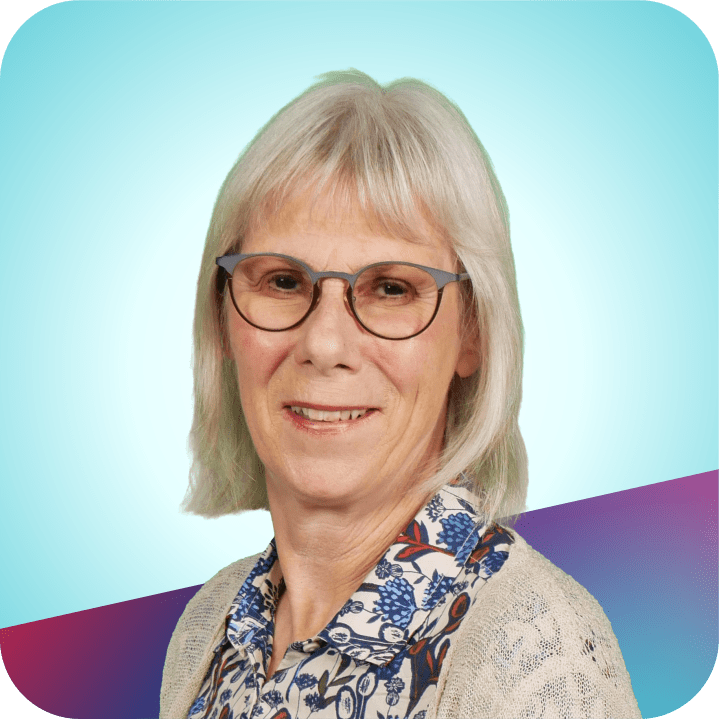
Prof. Anne Gregory, Ph.D.
Emeritus Chair of Corporate Communication, Huddersfield Business School, University of Huddersfield
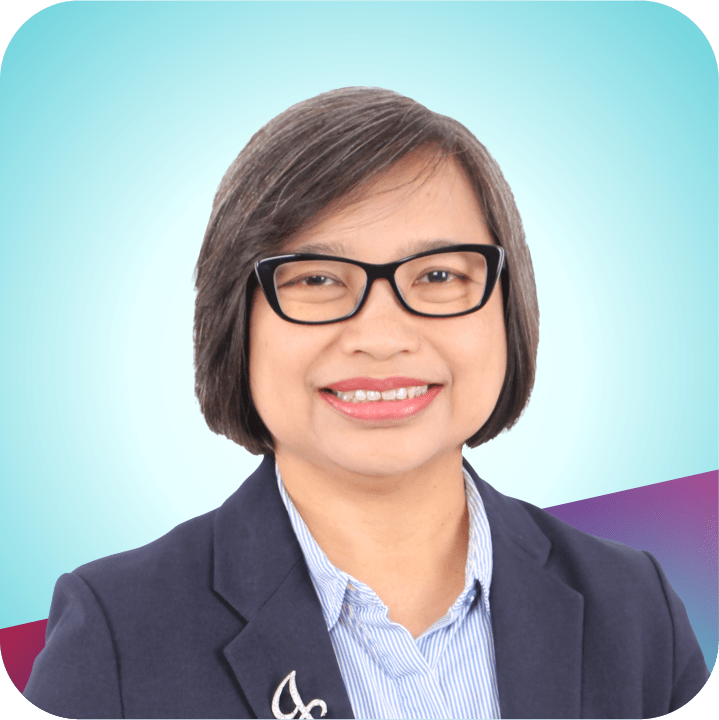
Prof. Gregoria Arum Yudarwati, Ph.D.
Communication Science Department, Universitas Atma Jaya Yogyakarta
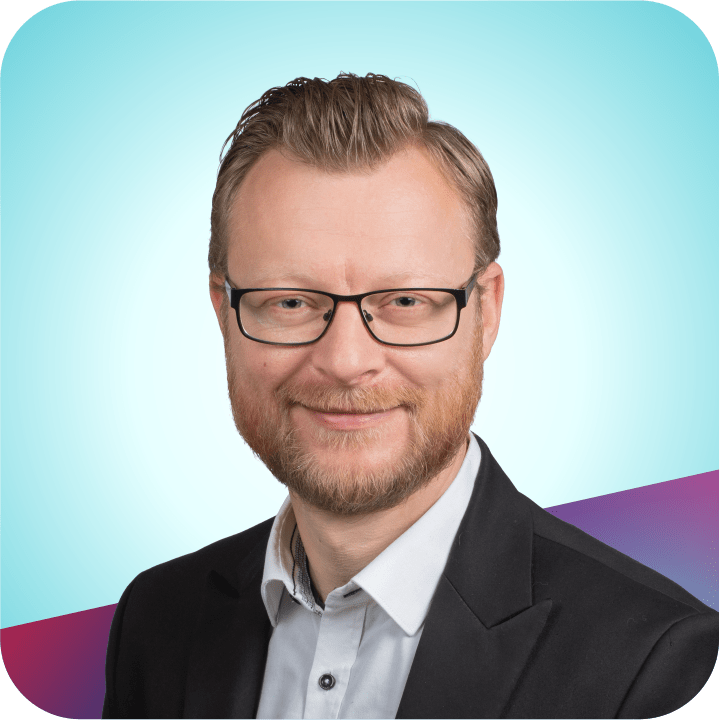
PD. Dr. habil. Andreas Schwarz, Ph.D.
Institute for Media and Communication Studies (IfMK), Ilmenau University of Technology

Prof. Wayne Bailey
Head of the School of Education Strategic Lead for International in the School of Business, Education and Law, University of Huddersfield
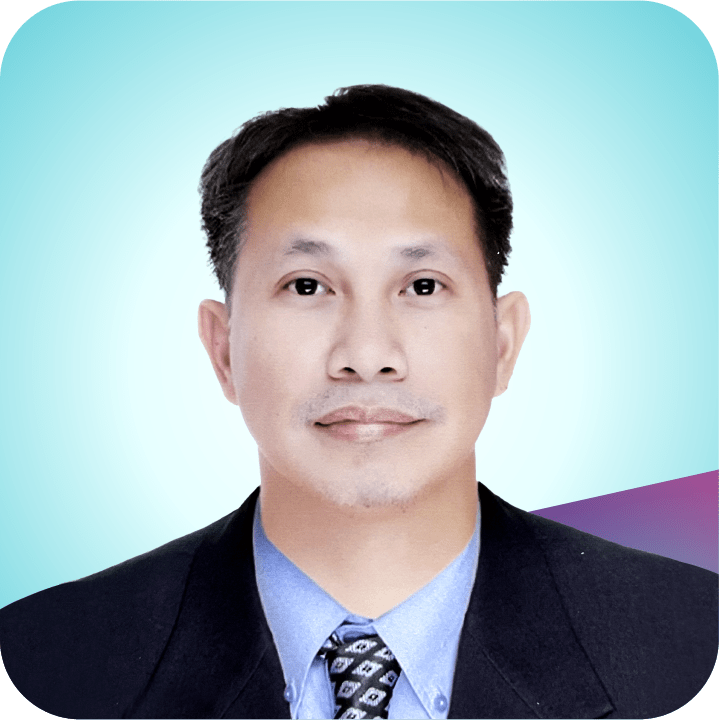
Edwin Falcis Lineses, Ph.D.
Dean of the College of Liberal Arts and Communication, De La Salle University-Dasmariñas (DLSU-D)
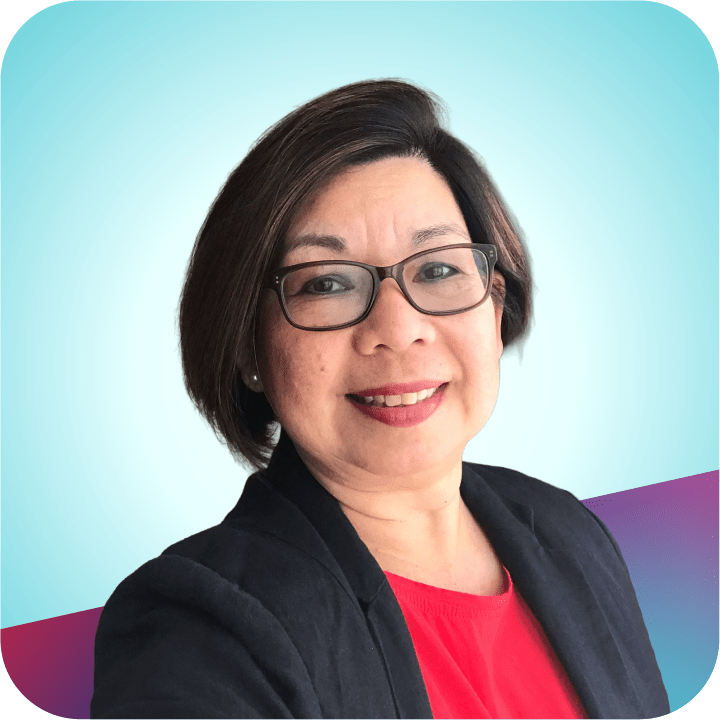
Marianne D. Sison, Ph.D.
FCPRA Founder & Chair Asia Pacific Public Relations Research & Education Network (APPRREN), Honorary University Fellow, RMIT University, Australia
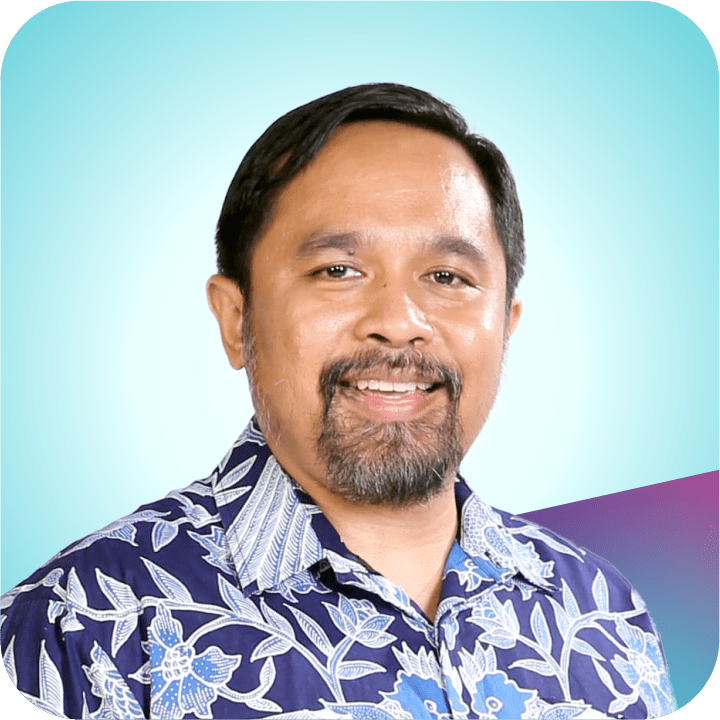
Wahyu Dhyatmika, M.A.
Chief Executive Officer of Tempo Digital, Indonesia
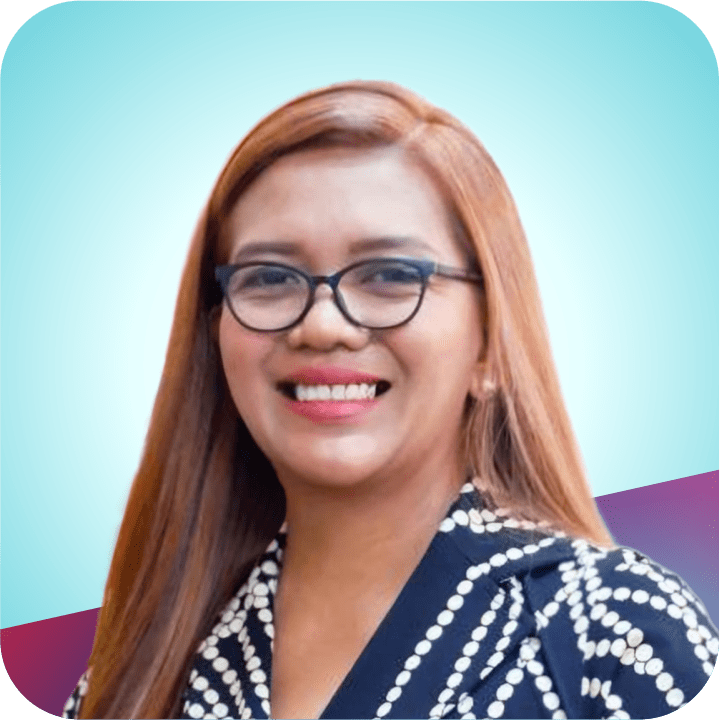
Assoc. Prof. Estefanie R. Cortez, Ph.D.
Department of Political Economy, College of Political Science & Public Administration, Polytechnic University of the Philippines
Plenary Speakers
Agenda
Important Dates
FULL PAPER Track
Abstract Submission
28
APR.
2025
‐
1
OCT.
2025
Abstract Submission (EXTENDED)
2-25
OCT.
2025
Acceptance Notification
30
OCT.
2025
Full Paper Submission*
1
NOV.
2025
‐
16
DEC.
2025
* Full Paper Submission is mandatory for authors who propose to publish their papers in our partner journals.
ABSTRACT-ONLY Track
Abstract Submission Deadline
16
DEC.
2025
Acceptance Notification
22
DEC.
2025
Registration Payment
Early Bird Payment
1-30
NOV.
2025
Regular Payment
1-30
DEC.
2025
Registration
Call for Abstract
Guidelines on submission of abstract
- Clearly indicate if the submission is a research abstract.
- All submissions must include the author(s), their affiliations, and accurate contact details.
- Structured abstracts should include:
– Title of the research
– Purpose of the study
– Methodology used
– Key findings
– Implications for practice and theory
– 3-5 Keywords
– Maximum length: 300-500 words (excluding references)
Criteria for review abstract
Originality
- The abstract presents an original idea, concept, perspective or argument to the field one of media, communications, sociology, and public relations.
- The abstract reflects an original research approach to the field one of media, communications, sociology, and public relations.
Contribution to the body of knowledge
- The abstract makes a valid and significant contribution to the field one of media, communications, sociology, and public relations.
- The abstract refers to recent and up to date knowledge in the field one of media, communications, sociology, and public relations.
Structure and presentation
- The abstract clearly defines the problem/message and the topic of the paper.
- The abstract clearly defines the methodology/research approach.
- The argument is presented in a coherent manner.
- The writing style is appropriate for academic/professional presentation.
Relevance
- The abstract clearly reflects relevance to the theme and sub-themes of ‘Enhancing Social Cohesion in Networked Societies through Communication, Media, Public Relations, and Sociology Perspectives’.
- The abstract topic will be of interest to researchers, educators, and practitioners of media, communications, sociology, and public relations.
Publication Opportunities
1. Abstract-Only Submission
Presenters who submit only an abstract are eligible for inclusion in the book program and will receive a certificate of participation.
2. Full Paper Submission
Presenters who submit a full paper are eligible for publication in SCOPUS-indexed journals, international journals, SINTA-accredited national journals, international conference proceedings. A certificate of participation will also be awarded.
Publications
Please select one of the publication options below that best aligns with your article’s topic, and ensure your draft complies with the formatting guidelines of your chosen publication journal/proceedings.
- Jurnal Ilmu Sosial dan Ilmu Politik (JSP) – Scopus Q3
- Asian Journal of Media and Communication (AJMC) – Index Copernicus International
- Asia Pacific Public Relations Journal (APPRJ) – International Journal
- Interaksi: Jurnal Ilmu Komunikasi – Sinta 2
- Journal The Messenger – Sinta 2
- Jurnal ILMU KOMUNIKASI (JIK) – Sinta 2
- Jurnal Komunikasi Indonesia (JKI) – Sinta 2
- Jurnal Pemikiran Sosiologi (JPS) – Sinta 3
- IKAT: The Indonesian Journal of Southeast Asian Studies – Sinta 3
- Proceedings of the International Joint Conference COMICOS & APPRREN (ISBN)
Academic Publication Partners
Registration Payment *
Category | Schedule | Registration Fee |
Presenter (early bird) | 1 Nov – 30 Nov 2025 | IDR 1.000.000/ 60 USD |
Presenter (regular) | 1 Des – 30 Dec 2025 | IDR 1.300.000/ 77 USD |
Presenter (student) | 1 Nov – 30 Dec 2025 | IDR 600.000/ 36 USD |
Participant (non-student) | 1 Nov – 30 Dec 2025 | IDR 400.000/ 24 USD |
Participant (student) | 1 Nov – 30 Dec 2025 | IDR 250.000/ 15 USD |
TRANSFER TO: BNI (Bank Negara Indonesia), Swift code: BNINIDJAXXX
Account Name | Sherly Hindra Negoro |
Account Number | 1822591773 |
* Important Note
- The payment is charged per person, whether as a participant or presenter.
- For papers with multiple authors, all other co-authors attending the conference are required to register as presenters.
- The conference registration fee covers conference activities only.
- Any publication charges required by our partner journals are separate and are the full responsibility of the authors.
Facilities
Full day meeting
Gala Dinner
Seminar kit
Proceeding publication
Book Program
WIFI Access
Co-Host
This international joint conference is proudly co-hosted by a distinguished group of academic institutions whose collaborative spirit and dedication have been pivotal to its success. We extend our sincerest appreciation for their partnership.

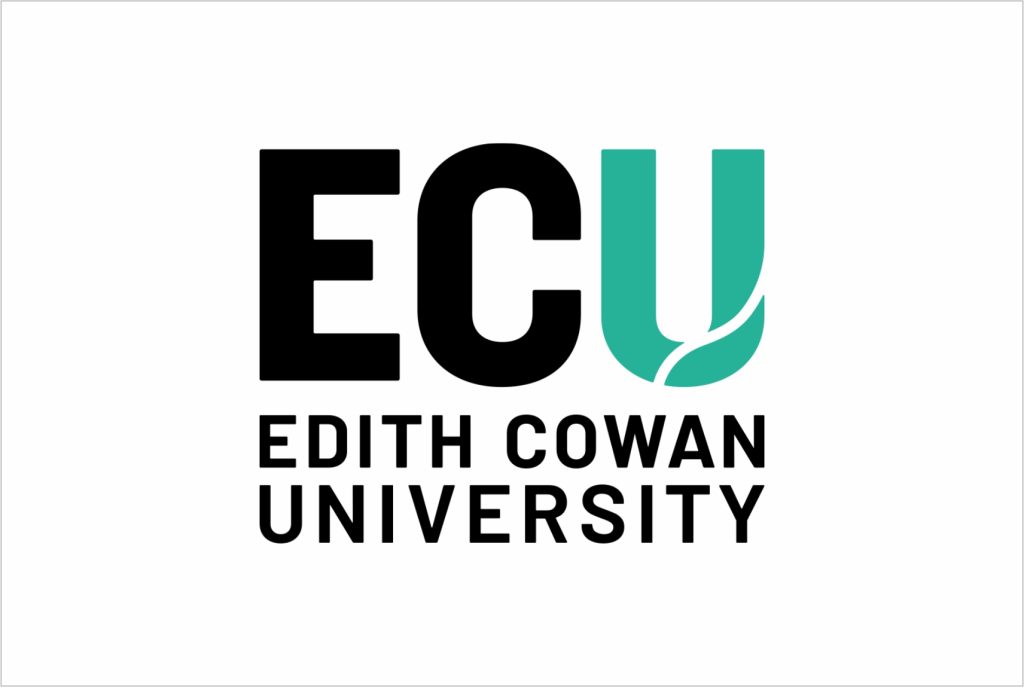



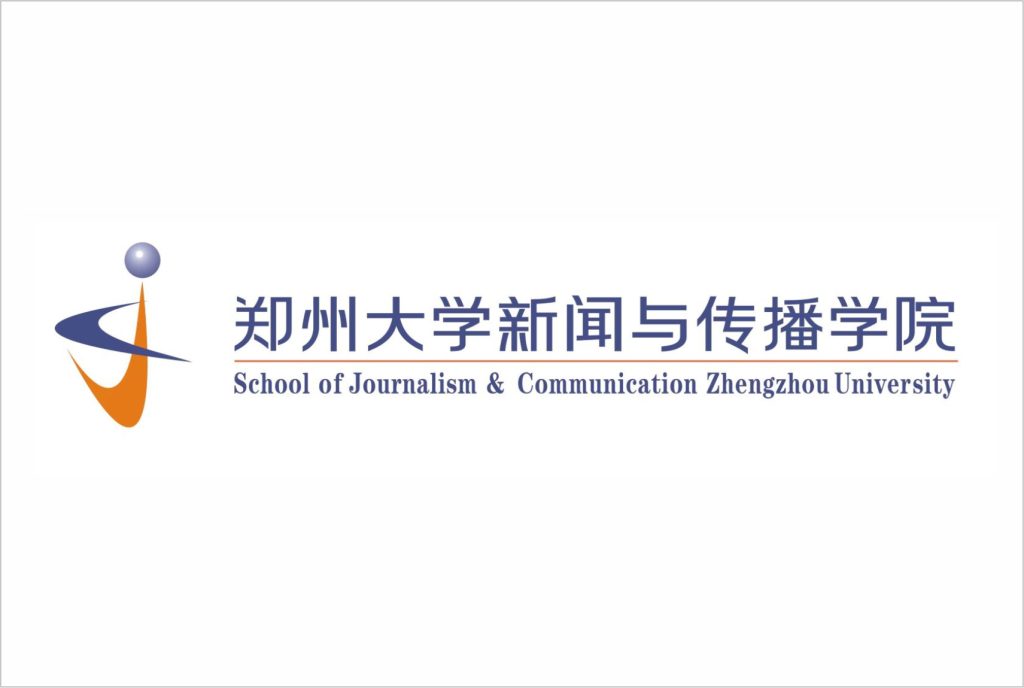
Partners
We invite you to partner with us for the International Joint Conference: Enhancing Social Cohesion in Networked Societies through Communication, Media, Public Relations, and Sociology Perspectives. This conference offers a unique platform to connect with leading academics, researchers, and professionals in the field.
We offer various partnership packages tailored to meet your specific objectives. Contact us to explore how we can collaborate to create a mutually beneficial partnership.
University Partners




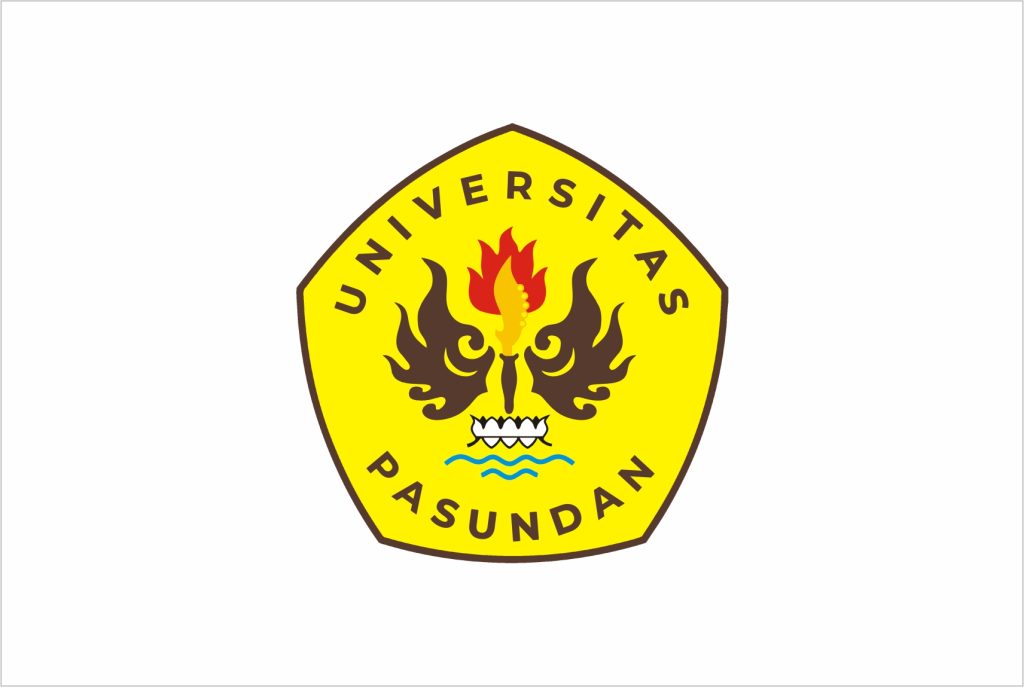
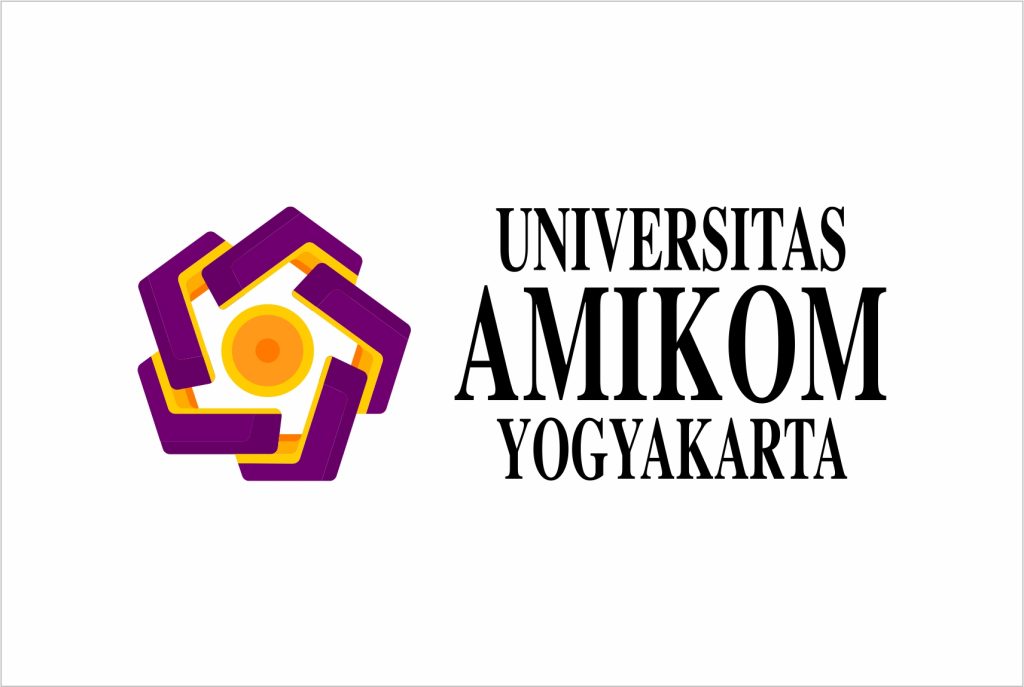
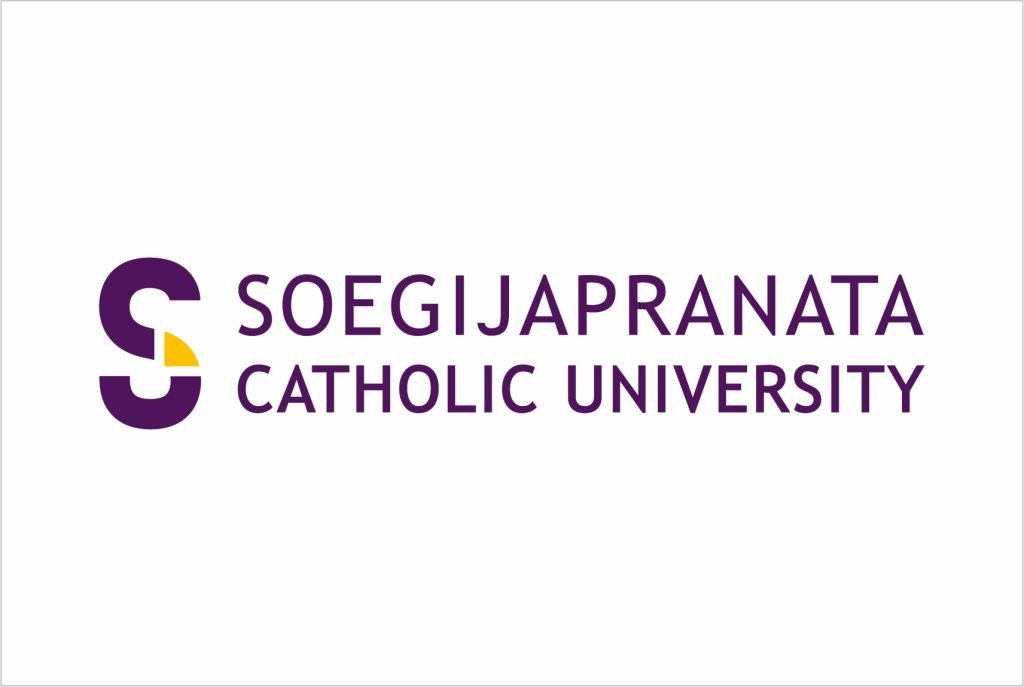
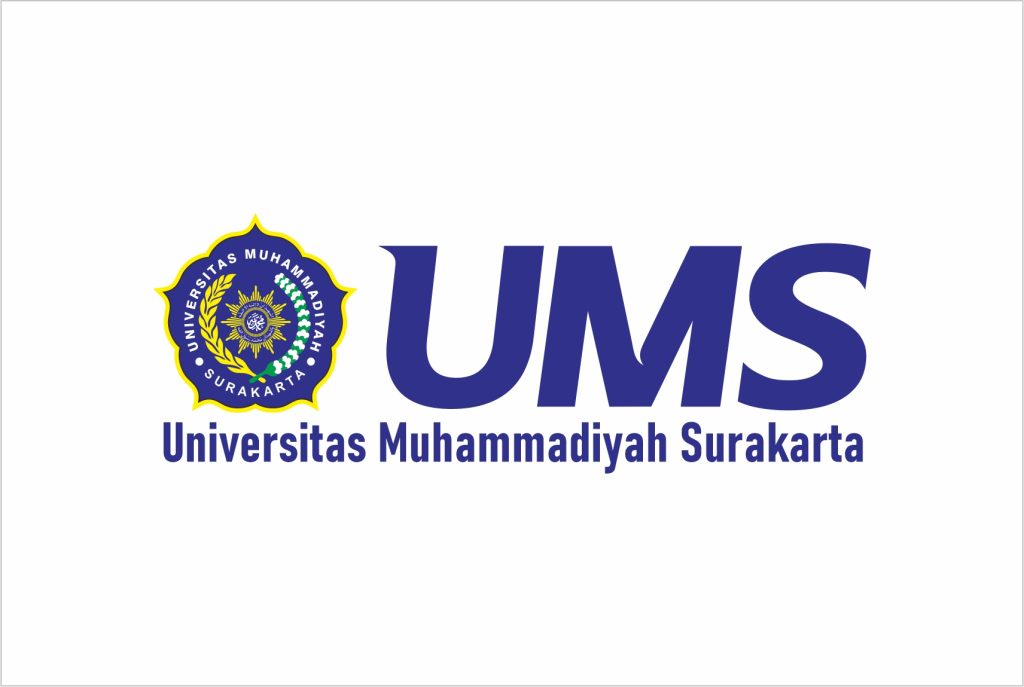
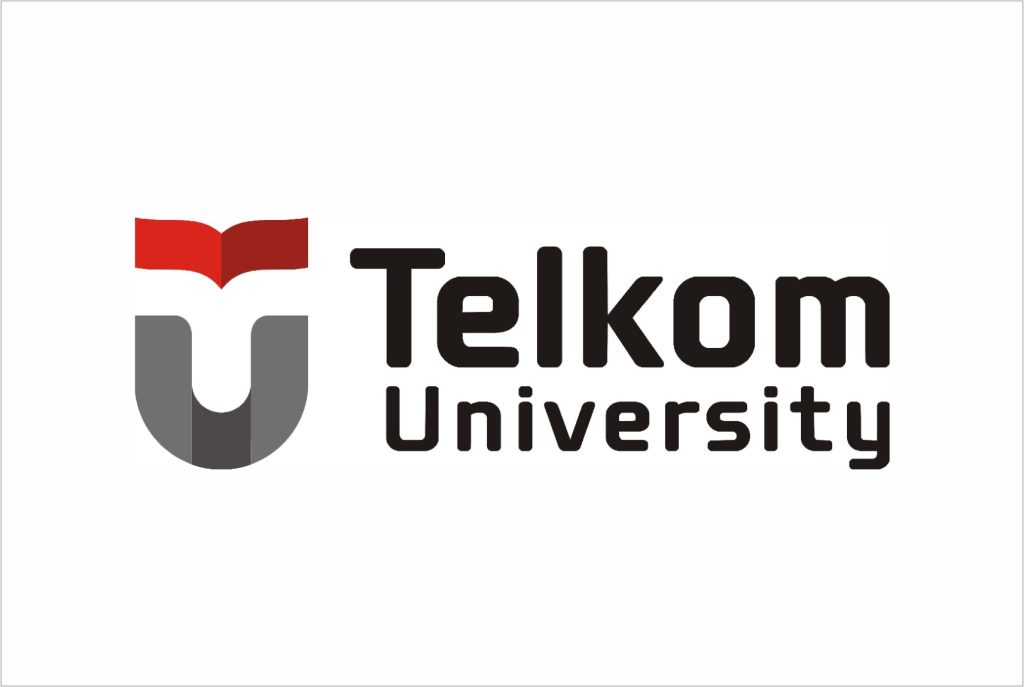
Sponsors
The International Joint Conference: Enhancing Social Cohesion in Networked Societies through Communication, Media, Public Relations, and Sociology Perspectives, invites you to become a sponsor. This conference provides a valuable opportunity to demonstrate your organization’s support for advancing knowledge and promoting dialogue on this critical issue. As a sponsor, you will receive prominent recognition and access to a diverse and influential audience.
We are open to discussing bespoke sponsorship packages to align with your specific goals. Join us in shaping the conversation on social cohesion in today’s interconnected world. Don’t hesitate to support the organization of this event by becoming an official sponsor. Contact us for sponsorship opportunities.
Contact
We look forward to receiving your submissions and engaging in meaningful discussions on the critical role of public relations in promoting social cohesion.
For further inquiries, please contact us, comicos@uajy.ac.id
Contact Person: Brahma +62 818 0339 6299
📍Teresa Building, Faculty of Social and Political Sciences,
Universitas Atma Jaya Yogyakarta, Indonesia
Jl. Babarsari No. 6 Yogyakarta, Indonesia
Instagram: @comicosuajy
Facebook: comicosuajy

